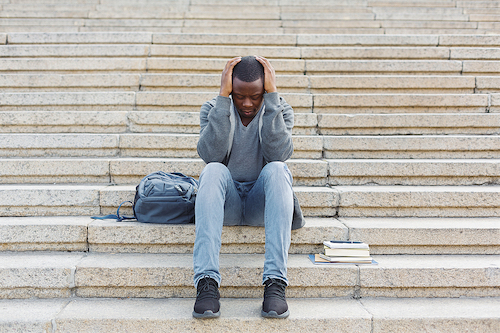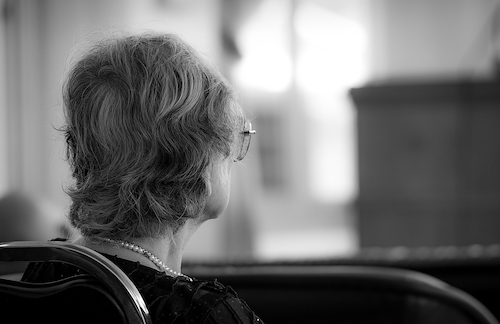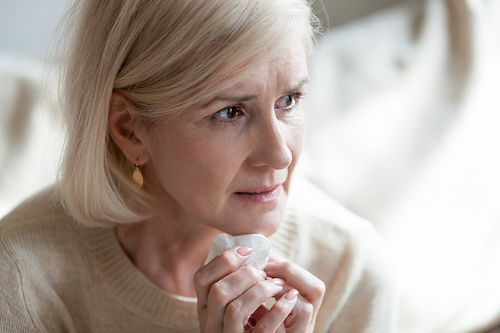January 31, 2025
by Elizabeth Pratt

People aged 50 and older find with poor or fair health are twice as likely to report not having any close friends.
Data from the University of Michigan National Poll on Healthy Aging found that friends can play a key role for people over the age of 50, but that those with mental or physical health problems can experience challenges in this area.
[More]
December 18, 2024
by Elizabeth Pratt

Feeling lonely has a greater impact on sleep for college students than too much screen time.
Research from Oregon State University found that students with high levels of loneliness were more likely to have difficulties sleeping compared with less lonely students, regardless of their level of screen time.
[More]
December 11, 2024
by Elizabeth Pratt

More than 33% of people aged between 50 to 80 feel lonely.
Loneliness and isolation among this group has mostly returned to pre pandemic levels, but remains high.
[More]
July 31, 2024
by Elizabeth Pratt

Younger workers are feeling undervalued, stressed and lonely in the workplace.
The 2024 Work in America Survey from the American Psychological Association found that 45% of workers 18-25 felt lonely at work whilst 48% feel stressed or tense at work.
[More]
March 31, 2024
by Elizabeth Pratt

Middle aged Americans are experiencing significantly higher levels of loneliness than their European peers.
Research published in American Psychologist found that baby boomers in particular are experiencing high levels of loneliness.
[More]
March 30, 2024
by Elizabeth Pratt

The United States has fallen out of the world’s top 20 happiest countries.
The World Happiness Report revealed the US fell from number 15 to number 23, putting it out of the top 20 for the first time since the report was published in 2012.
[More]
September 30, 2023
by Elizabeth Pratt

Rates of prolonged grief disorder are likely to be higher than before the COVID-19 pandemic.
Researchers from the UK found that rates of prolonged grief disorder are already three times higher than pre pandemic.
[More]
July 30, 2023
by Elizabeth Pratt

Cutting back on social media use can improve psychological wellbeing.
Researchers at Iowa State University found that students who limited social media use to just 30 minutes a day has lower scores for depression, anxiety, loneliness and the fear of missing out.
[More]
June 29, 2023
by Elizabeth Pratt

Employees who have frequent interaction with artificial intelligence systems are more likely to be lonely.
Research published by the American Psychological Association found that the loneliness experienced by the employees could lead to insomnia as well as after work drinking.
[More]
June 20, 2023
by Patricia Tomasi

A new study published in Frontiers in Public Health looked at how attending live sporting events can predict subjective wellbeing and reduces loneliness. “The data was collected as part of a large government survey looking at all sorts of things measuring people’s health and wellbeing, as well as some other information about them, such as their age, income level, and some information about what activities they take part in,” study author Dr. Helen Keyes told us. “Our study honed in on the questions that participants were asked about their wellbeing (life satisfaction, sense that life is worthwhile, loneliness, happiness and anxiety) and whether attendance at a live sporting event over the past 12 months had any impact on these measures.”
[More]